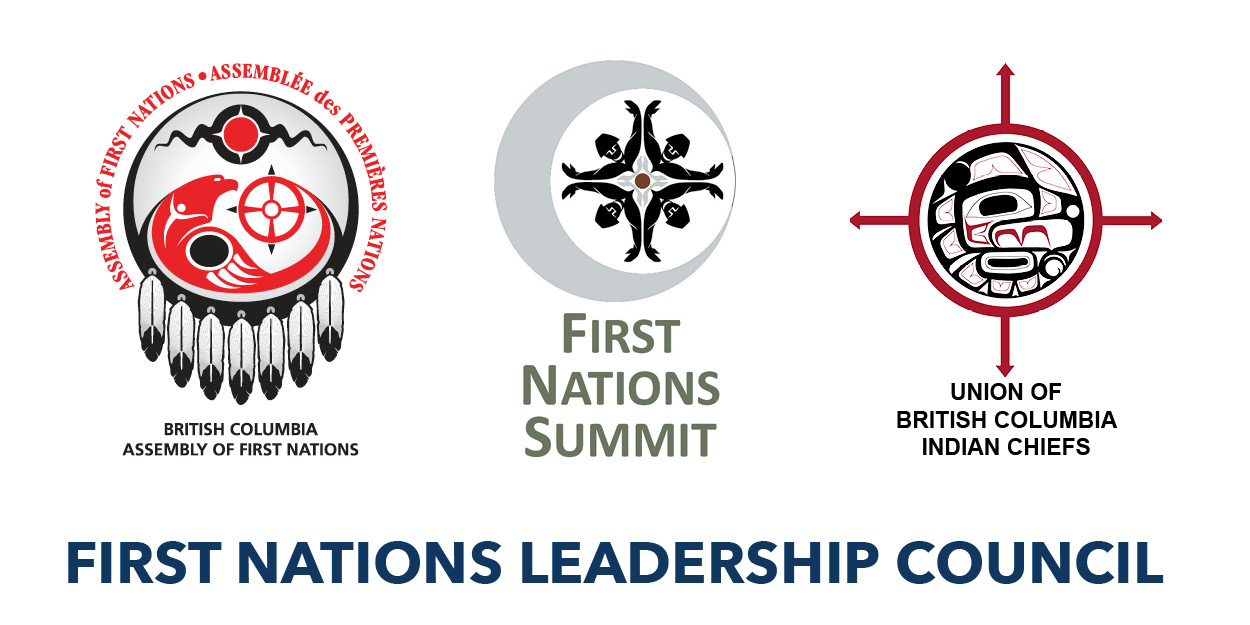
December 18, 2020
Premier John Horgan
Via Email: premier@gov.bc.ca
Minister Murray Rankin
Via Email: IRR.Minister@gov.bc.ca.
RE: Métis Nation of British Columbia Report
Dear Premier Horgan and Minister Rankin,
We are writing to express our deep disagreement with the positions taken by the Métis Nation of British Columbia (“MNBC”) in their recent report “A Tale of Two Nations: Highlighting the Inequalities of the Treatment of the Métis in BC” (the “Report”).
As BC may be aware, the Report sets out four general claims:
1. The BC government should recognize and accommodate Métis Aboriginal rights in the Province, including harvesting rights.
2. MNBC is an “Indigenous governing body” (“IGB”) under the Declaration on the Rights of Indigenous Peoples Act (“DRIPA”) and should have been part of discussions and negotiations around the drafting and implementation of DRIPA.
3. The continued failure of BC to recognize Métis rights in British Columbia breaches DRIPA.
4. Funding opportunities for Métis people reflect a “hierarchy” of Indigenous peoples and should be equal to funding provided to First Nations.
FNLC has undertaken an assessment of these claims and considers them to be without any legal merit. First, there is no legal foundation for MNBC’s claim that Métis peoples have site-specific Aboriginal rights. Sufficient evidence has not been advanced to meet the test in R. v. Powley and our courts have confirmed that there is no evidence within BC of a historic or contemporary Métis community.
Secondly, FNLC takes great issue with MNBC’s use of DRIPA to establish rights recognition for itself and its membership. While Métis people are included in the definition of “Indigenous peoples” under UNDRIP and DRIPA, they have not established a credible claim to Aboriginal rights or title in BC and cannot achieve this through the work of DRIPA. Our leadership has fought tirelessly to prove our Aboriginal rights and title on behalf of our Nations and takes great offence that MNBC believes it is owed a duty of consultation in spite of not clearing this legal hurdle. MNBC also in our view, does not meet the definition of an IGB under DRIPA, as it does not act on behalf of Indigenous peoples that hold recognized and affirmed section 35 rights that can be exercised in BC.
The funding that BC First Nations receive does not reflect a “hierarchy” of Indigenous peoples but rather, results from BC’s: (1) recognition of the Aboriginal rights and title of First Nations within BC (which Métis do not appear to have); and (2) acknowledgement of the encroachment on and taking of the lands and resources in British Columbia that First Nations have occupied and used since time immemorial (which the Métis have not).
Finally, we would like to reiterate that our inherent rights which we have exercised prior to contact continue to exist and our Nations hold stories of origin, place names and laws of the land as proper Title and rights holders. First Nations have laws, jurisdiction, and legal orders that continue to exist and that are distinct and separate from the rights of others.
We think it is imperative that these illegitimate claims be strongly refuted together. While FNLC is committed to working alongside all Indigenous peoples, MNBC’s positions in the Report only serve to undermine the enormous investment that First Nations, the FNLC and the Province have made in DRIPA. MNBC cannot utilize DRIPA to rewrite BC history or to discredit the markedly different history the Province has with First Nations than it does with Métis (whose historic and contemporary establishment within BC remains unsubstantiated).
The FNLC remains committed and stands behind the intent of DRIPA and to engaging stakeholders to increase their understanding of the intent of this legislation. We look forward to continuing to work with you in this regard.
Sincerely,
FIRST NATIONS LEADERSHIP COUNCIL
